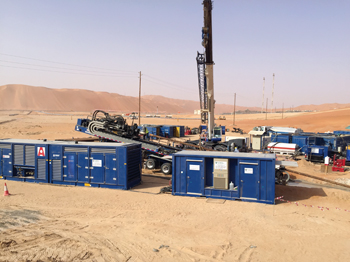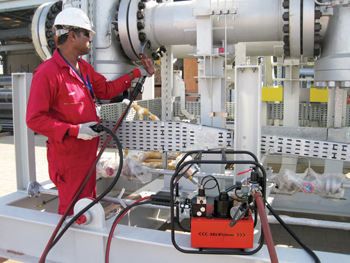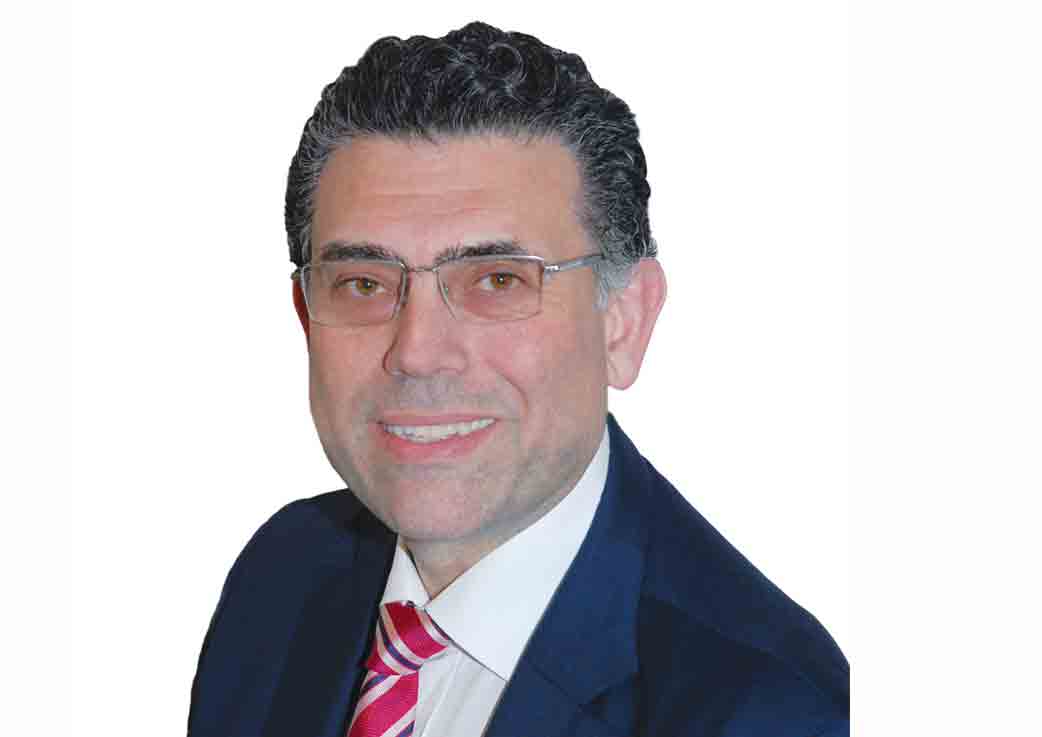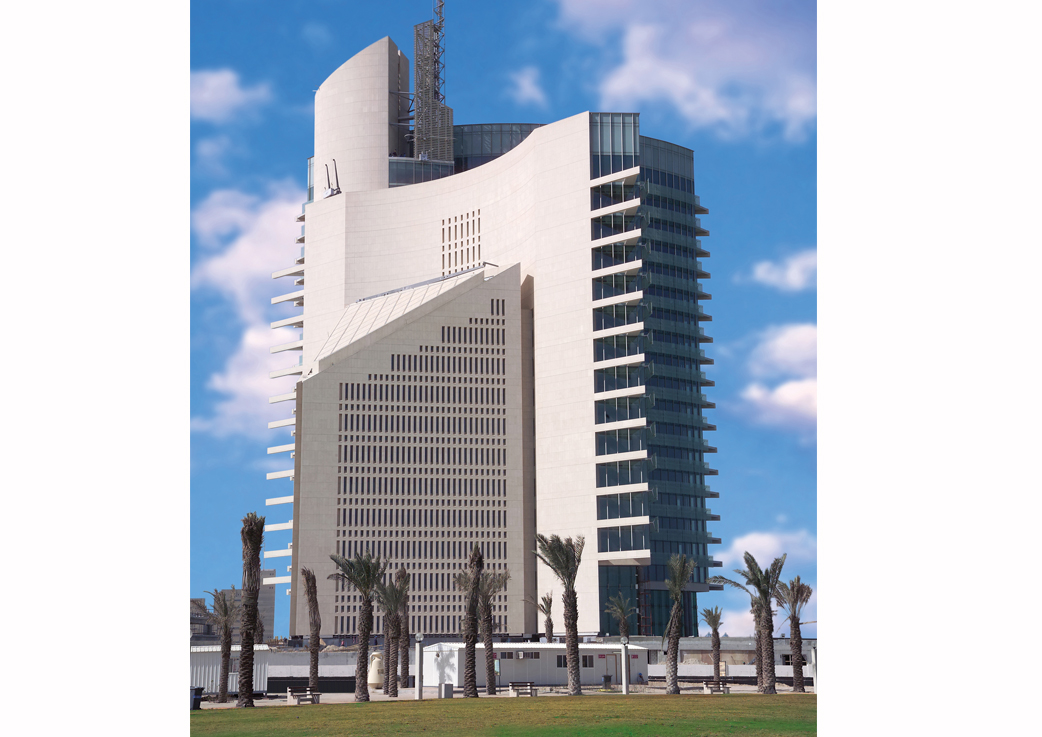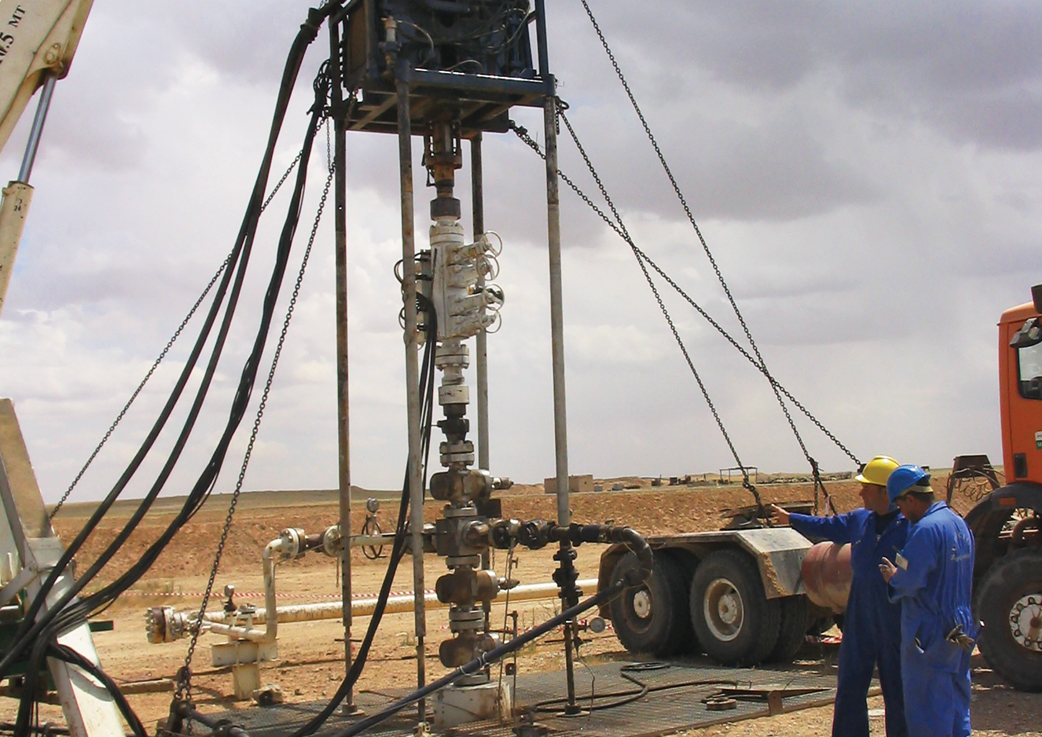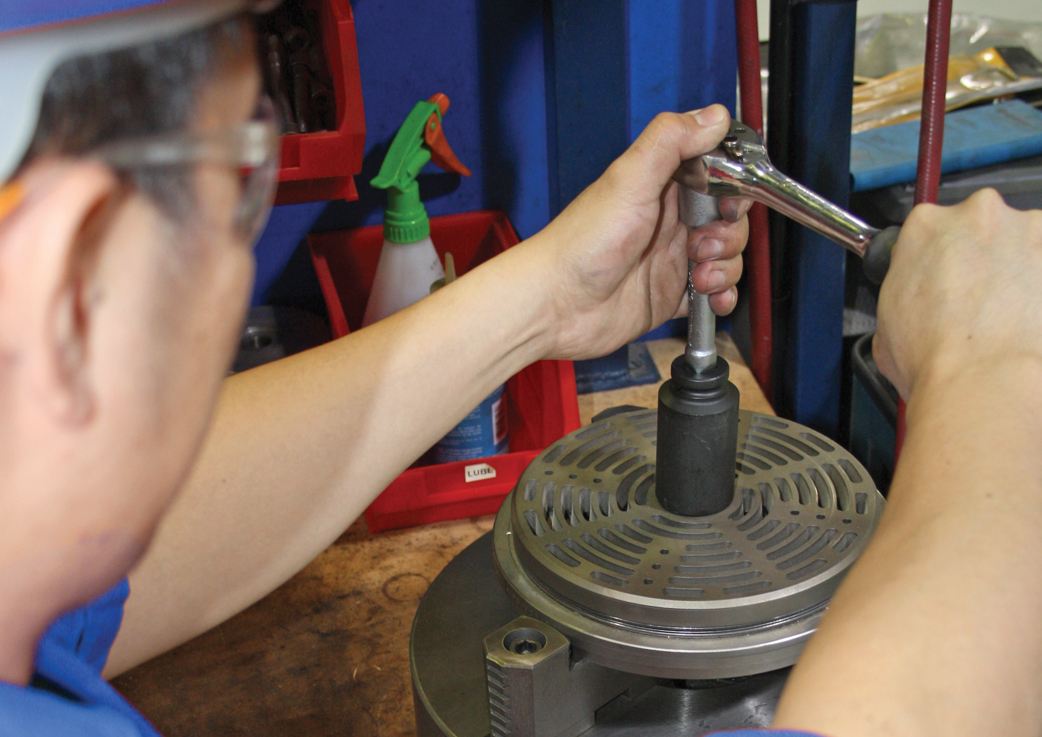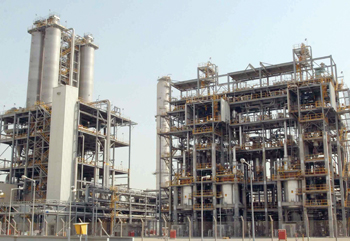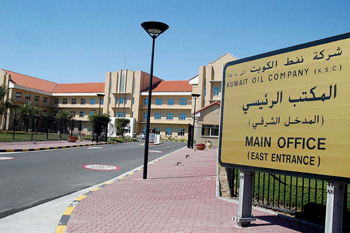
Kuwait and Iraq have signed two memorandums of understanding about oil fields that straddle their mutual border and the possibility of Kuwait importing natural gas from Iraq.
Details of the memos were not given, but KPC managing director of Petroleum Services Sheikh Talal Al Sabah says they were the result of talks held by officials of the two nations.
One of the reasons Saddam Hussein gave for invading Kuwait in 1990 was that he believed Kuwait was stealing Iraqi oil by overproducing from fields on its side of the border. The Iraqi dictator said he believed Kuwait was aggressively developing Rutga Field, which, because of its geological formation, resulted in the depletion of the same field on the Iraqi side, known as South Rumailah. The Iraqi invasion spurred the 1991 Gulf War, which freed Kuwait from seven months of occupation.
Following the 2003 toppling of Saddam’s regime In Iraq, Kuwait and Iraq formed the Kuwaiti-Iraqi Higher Technical Committee tasked to work on joint-hydrocarbon projects, negotiate supply contracts that included the import and export of crude, gas, and products between the two countries, and to work out a strategy regarding the hydrocarbon reserves that straddle the two nations’ boundaries.
The higher committee met several times in Kuwait in 2004, but meetings were suspended in 2005 because of political developments in Iraq as well as security issues pertaining to the Iraqi members travelling to the emirate. By 2009 the committee began meeting again in attempts to work out cooperation.
Among the higher committee’s planned projects was Iraq’s shipping of gas to Kuwait through an already established pipeline used by the two countries prior to the 1991 war. Iraq was expected to export 35 mmcfd of gas, with shipments expected to start by 2005. That date was later pushed to early 2007, until the project was indefinitely suspended.
The Kuwait-Iraqi committee also produced a number of preliminary agreements including a long-term proposal to reach a method of administering and managing hydrocarbon development and production operations with the massive reservoirs that straddle the border.
In June 2009, Iraq awarded a development contract for the entire Rumailah field (North and South) to a BP and Chinese CNPC consortium during the country’s first bidding round following the second Gulf War in 2003.
Also Iraq’s southern field of Zubair, whose development was awarded to a consortium led by Italy’s Eni, is another border field that extends into Kuwait, and is known as the Abdali Field in the emirate.
Zubair contains gas and oil reserves within four separate domes that extend northwest to southeast.
In January 2004, Iraq had asked Kuwait for help in developing gas from three of its fields including Zubair. The same Kuwaiti-Iraqi committee tasked to work on joint-hydrocarbon issues discussed the gas deal and Iraq invited Kuwait to become an investment partner in developing the Zubair, Qarna and Maisan gas fields.
The project was suspended in 2005.
Afterward, another project was discussed for the joint development of Iraq’s gas-rich Siba Field, but the project never came to fruition.



































































